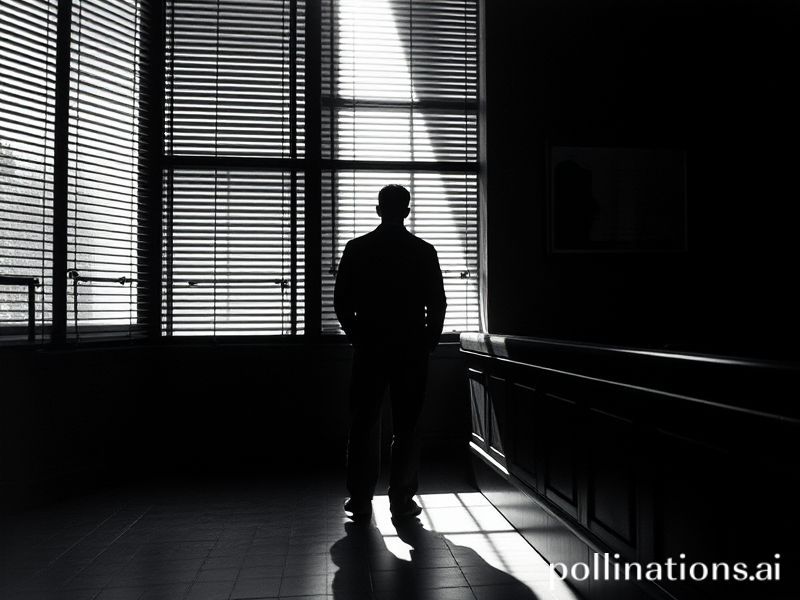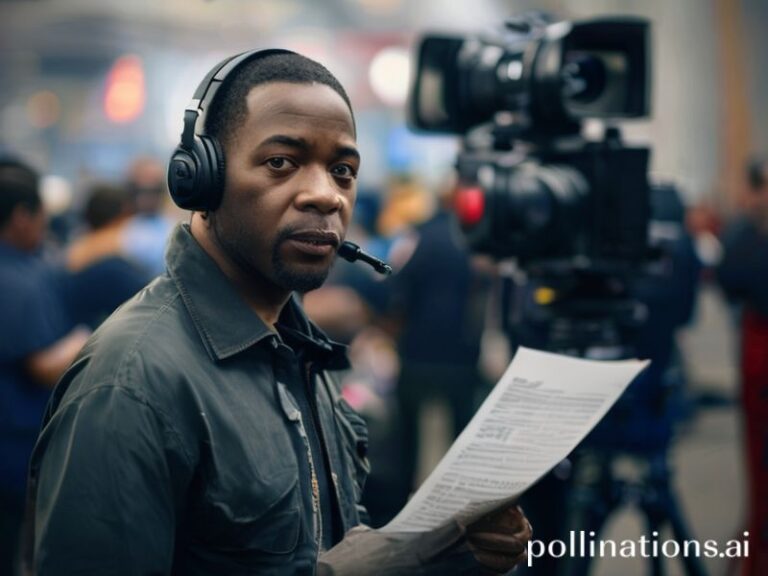double jeopardy
Double Jeopardy: The World’s Favorite Get-Out-of-Jail Card
By M. Sardonique, Senior Correspondent for Dave’s Locker
The phrase “double jeopardy” sounds like a misguided game show—two rounds of misery for the price of one—but in the legal world it’s the velvet rope that keeps prosecutors from hammering the same defendant until the jury finally stops sleeping. Rooted in Roman law, polished by the British, and exported like questionable pharmaceuticals, the principle states you can’t be tried twice for the same offense after an acquittal or final conviction. Noble enough, until you remember that nobility travels coach these days.
Take Italy, where the Amanda Knox saga turned Perugia into a binge-worthy Netflix suburb. Knox was acquitted of murder, re-convicted on appeal, then definitively acquitted—proving Italian justice works much like Italian traffic lights: decorative, confusing, and largely advisory. Rome ratified a 2014 constitutional tweak to prevent such judicial ping-pong, a tacit admission that even the cradle of Western jurisprudence occasionally drops the baby.
Meanwhile, in the United States—land of the free, home of the rehearing—double jeopardy is enshrined in the Fifth Amendment, right next to the right not to quarter soldiers in your Airbnb. Except when it isn’t. Separate sovereigns (federal and state) can still tag-team the same defendant, a loophole exploited with the enthusiasm of two divorced parents at Christmas. Ask the officers who beat Rodney King: acquitted in state court, convicted in federal. The Supreme Court calls this “dual sovereignty”; cynics call it “heads I win, tails you lose.”
Brexit Britain, ever eager to rebrand, quietly passed the Extradition (Provisional Arrest) Act 2020, allowing suspects to be grabbed without the nicety of a UK warrant. Human-rights barristers warned it could grease the skids for double-jeopardy-by-extradition, because nothing screams “sovereignty” like outsourcing your legal red lines to the nearest continental prosecutor with a grudge.
Across the Channel, France clings to its own paradox. The Cour de cassation may quash a verdict and order a retrial faster than you can say “fromage,” yet insists this is merely “continuation,” not a second jeopardy. It’s the jurisprudential equivalent of calling a second bottle of wine “a continuation of dinner.”
Then there’s the International Criminal Court, that Hague-based purgatory where cases move at the speed of glaciers and defendants age into grandfatherhood before sentencing. The Rome Statute allows retrial if “new facts” emerge, a caveat broad enough to sail a container ship through—apt, since most of the evidence is usually on one.
Why does any of this matter beyond bar-exam flashcards? Because double jeopardy is the canary in the geopolitical coal mine. When populists tire of “technicalities,” they loosen the rules, promising swift justice the way late-night infomercials promise abs. Turkey’s post-coup purge courts have reopened long-closed cases with the enthusiasm of a cat discovering a closed door. India’s new criminal codes, slated for 2024, allow retrials if “manifest error” is found—a phrase so elastic it could cover everything from clerical typos to inconvenient acquittals.
And let’s not forget the corporate realm, where double jeopardy is rebranded as “regulatory settlement.” Multinationals pay fines in one jurisdiction, then dodge the next by claiming they’ve already been spanked. The 2022 Airbus bribery débâcle saw the firm shell out €3.6 billion to France, the UK, and the US for the same airborne shenanigans—triple jeopardy, single invoice—proving that if you’re rich enough, the law becomes an à-la-carte menu.
Human-rights campaigners warn that eroding double jeopardy invites show trials and political vendettas. Authoritarians reply that campaigners are free to warn—once. The rest of us are left calculating odds: Would we rather see a guilty man walk, or an innocent one dragged back into court whenever the hashtag trends?
The answer depends, of course, on whether you’re holding the gavel or the handcuffs. Meanwhile, the planet keeps spinning, the statutes keep mutating, and the rest of us stock up on popcorn—because if history teaches anything, it’s that the sequel is usually worse than the original.







